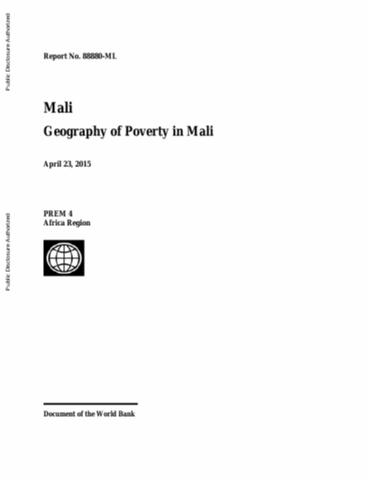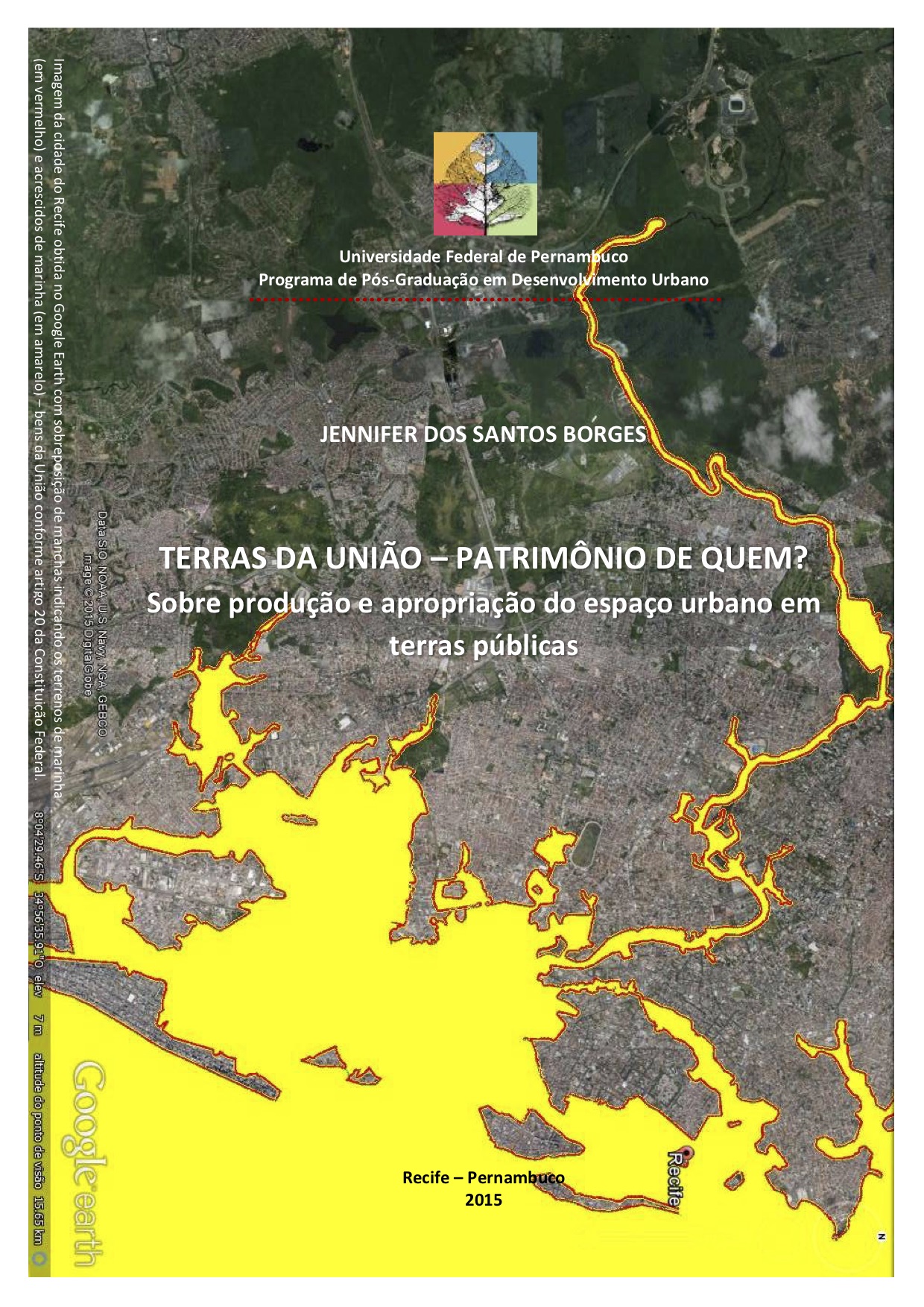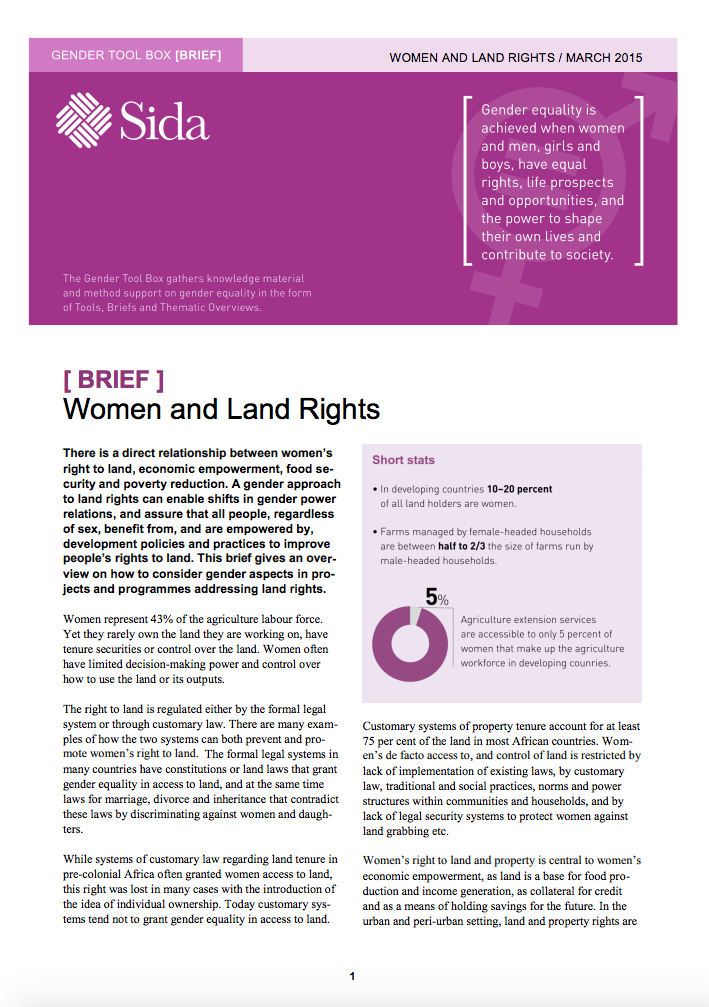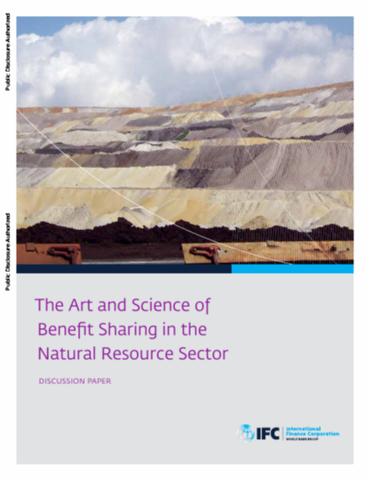Afghanistan Economic Update, April 2015
The political and security transition
continues to take a heavy toll on Afghanistan’s economy.
Economic growth is estimated to have fallen further to 2
percent in 2014 from 3.7 percent in 2013 and an average of 9
percent during 2003-12. Political uncertainty combined with
weak reform progress dealt a further blow in 2014 to
investor and consumer confidence, already in a slump from
uncertainty building since 2013. As a result, growth in the









